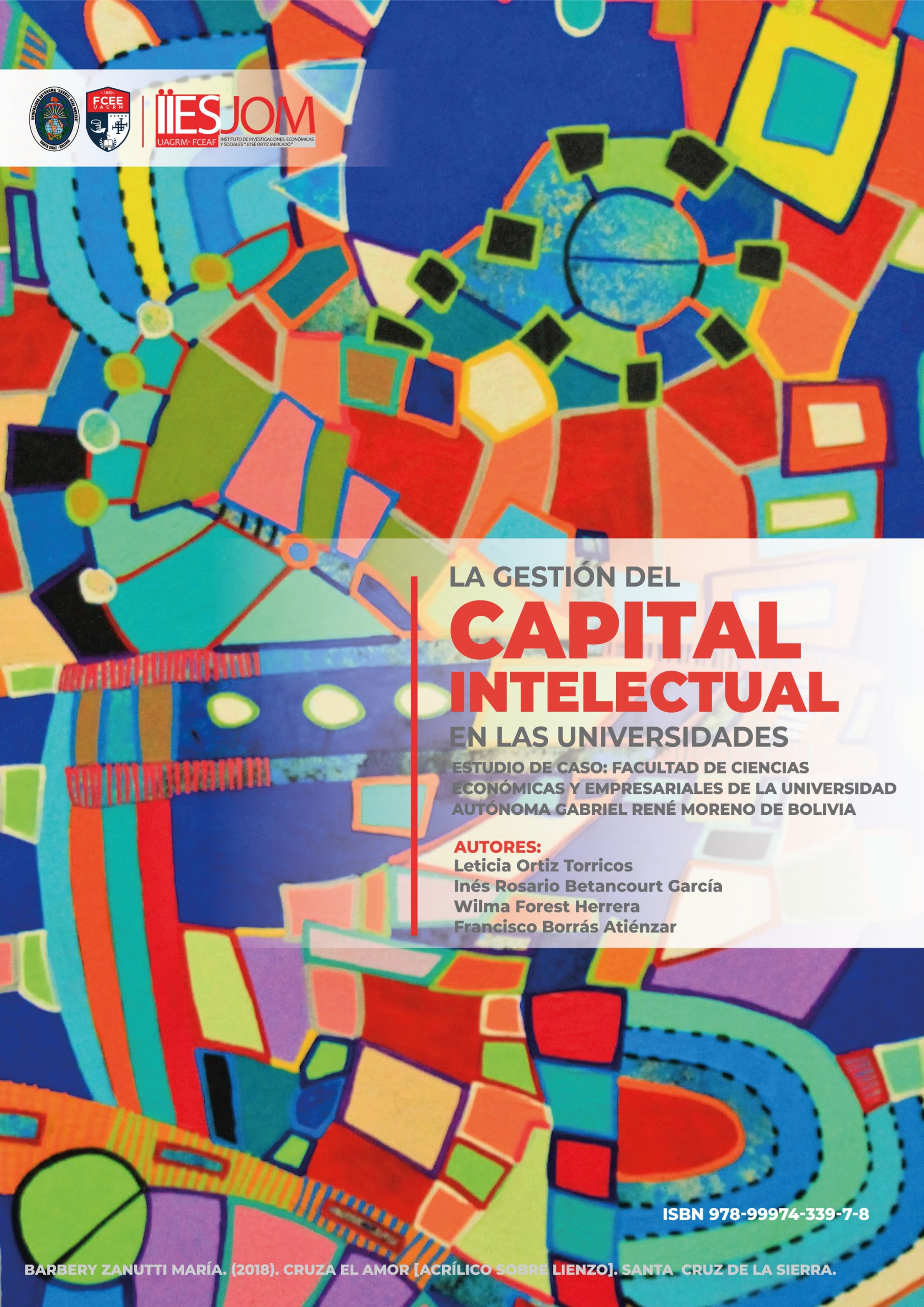EVALUACIÓN DEL PILAR DE SOSTENIBILIDAD
«FALTANTE» (GOBERNANZA): EL CASO DE LA
AGRICULTURA BÚLGARA
ASSESSING “MISSING” (GOVERNANCE) PILLAR OF
SUSTAINABILITY – THE CASE OF BULGARIAN AGRICULTURE
Resumen:La necesidad de incluir “el cuarto” pilar de la gobernanza en el concepto de comprensión y el sistema de evaluación de la sostenibilidad (general y) agraria se justifica cada vez más en la literatura académica y encuentra lugar en los marcos de gobierno, internacional, privado, etc. Organizaciones. En Bulgaria, como en muchos otros países, prácticamente no existen evaluaciones integrales de la sostenibilidad de la gobernanza de la agricultura y su importancia para el desarrollo agrario en general. Este estudio intenta llenar el vacío y sugiere un marco holístico para comprender y evaluar la sostenibilidad de la gobernanza de la agricultura búlgara. El enfoque recientemente elaborado se «prueba» en un estudio a gran escala para evaluar la sostenibilidad de la gobernanza de la agricultura del país a nivel nacional, a nivel sectorial, regional, de ecosistemas y de explotación. El estudio ha demostrado que es importante incluir el Pilar de Gobernanza “faltante” en la evaluación de la Sostenibilidad Integral de la agricultura y la sostenibilidad de los agrosistemas de diverso tipo. Principios múltiples, La evaluación de criterios e indicadores de la sostenibilidad de la gobernanza de la agricultura búlgara indica que la sostenibilidad general de la gobernanza se encuentra en un nivel «Bueno» pero muy cercano al nivel «Satisfactorio». Además, existe una diferenciación considerable en el nivel de sostenibilidad de la Gobernanza Integral de los diferentes agrosistemas del país. Por último, pero no menos importante, Los resultados de la evaluación integral de la sostenibilidad agraria basada en datos micro (finca) y macro (estadísticos, etc.) muestran algunas discrepancias que deben tenerse en cuenta en el análisis e interpretación, mientras que los indicadores de evaluación, se mejoraron aún más los métodos y las fuentes de datos. Teniendo en cuenta la importancia de evaluaciones holísticas de este tipo para mejorar la sostenibilidad agraria en general, y la sostenibilidad de la gobernanza de la agricultura en particular, deben gastarse y aumentarse su precisión y representación.
Palabras claves: Sostenibilidad de la gobernanza, evaluación, agricultura, sistemas agrícolas, Bulgaria.
Abstract: A need to include “the fourth” Governance pillar in the concept for understanding and the assessment system of (overall and) agrarian sustainability is increasingly justified in academic literature and finds place in the frameworks of government, international, private, etc. organizations. In Bulgaria, like in many other countries, practically there are no comprehensive assessments of the governance sustainability of agriculture and its importance for the overall agrarian development. This study tries to fill the gap and suggests a holistic framework for understanding and assessing the governance sustainability of Bulgarian agriculture. The newly elaborated approach is “tested” in a large-scale study for assessing the governance sustainability of country’s agriculture at national, sectoral, regional, eco-system and farm levels. The study has proved that it is important to include the “missing” Governance Pillar in the assessment of the Integral sustainability of agriculture and sustainability of agro-systems of various type. Multiple Principles, Criteria and Indicators assessment of the Governance sustainability of Bulgarian agriculture indicates that the Overall Governance Sustainability is at a “Good” but very close to the “Satisfactory” level. Besides, there is a considerable differentiation in the level of Integral Governance sustainability of different agro-systems in the country. Last but not least important, results on the integral agrarian sustainability assessment based on micro (farm) and macro (statistical, etc.) data show some discrepancies which have to be taken into consideration in the analysis and interpretation, while assessment indicators, methods and data sources further improved. Having in mind the importance of holistic assessments of this kind for improving the agrarian sustainability in general, and the Governance sustainability of agriculture in particular, they are to be expended and their precision and representation increased.
Keywords: Governance sustainability, assessment, agriculture, agricultural systems, Bulgaria.
Clasificación JEL: Q12, Q18, Q56.
Autor(a): Hrabrin Bachev.


Dejar una contestacion